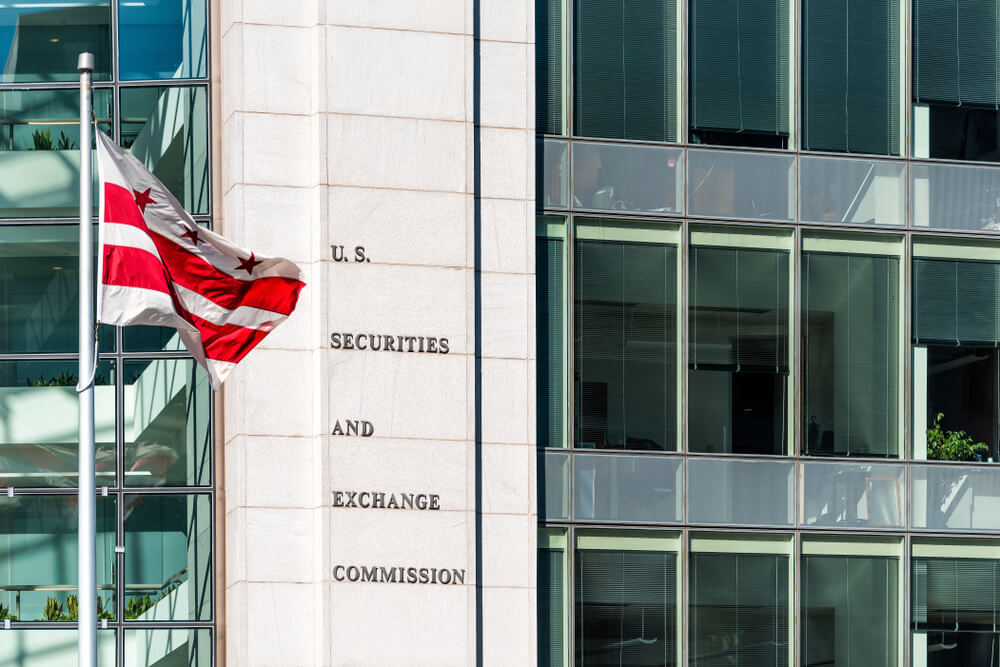The risk that climate change poses to business operations and investment portfolios and companies’ role in contributing to global temperature increases are now undeniable.
Similarly, since the beginning of the pandemic, it has become clear how critical a strong human capital strategy is to business success.
Contrary to a belief that has taken root in Washington, an expectation around transparency on these issues isn’t even remotely divisive to the public. A recent survey from JUST Capital and our polling partner, SSRS, conducted in collaboration with Public Citizen and Ceres, found that 85% of Americans want companies to disclose more about their business practices and impact on society. And 90% say it is important that there is a common, standardized reporting structure for companies. An average of 87% support the federal requirements for corporate disclosure on human capital and environmental impact data.
Despite the public and corporate interest on these topics and other environmental, social, and governance, or ESG, issues, investors and other stakeholders still lack the ability to easily understand how companies are turning rhetoric into action.
SEC disclosure rules
The Securities and Exchange Commission moved to change that. The SEC introduced a proposal last week to standardize how companies report their climate-related risks and impacts. Under the new rule, publicly-traded companies would be required to report their Scope 1 and 2 greenhouse gas emissions, and in some cases Scope 3 or indirect emissions, in annual 10-K filings.
The rule will undergo a public comment period and likely receive challenges from policymakers, lobbying groups, and others that mirror the partisan debate on corporate ESG action and stakeholder capitalism more broadly. While legislator stances on the SEC’s proposed disclosure standards may remain divided across party lines, among the American public transparency is the through-line across the aisle.
As companies navigate this new SEC regulation, and the influx of ESG-related proposals heading their way in proxy season, they should look to the unified opinion of the American public. Even on climate change, a historically partisan issue, the vast majority of Democrats, Republicans, and Independents we polled support reporting standards along with federal disclosure requirements.
Disclosure Gaps
Given how important transparency is to the public, how are companies currently measuring up against these expectations?
We’re starting to see small steps in the right direction. JUST Capital’s analysis of workforce demographic disclosure among the Russell 1000 saw a jump in disclosures from last year covering the most general of data to the most granular of data found in EEO-1 Reports. When it comes to climate disclosures, 57% of Russell 1000 companies we rank currently disclose Scopes 1 and 2 greenhouse gas emissions – an increase from 42% in 2021.
But, we know there’s still a long way to go. Our analysis also found that just 30% of Russell 1000 companies are disclosing Scope 3 emissions from travel and only 10% of companies are reporting these emissions data from use of products.
We also recently took a look at disclosure of human capital metrics (another key potential focus of the SEC) among the 100 largest publicly-traded U.S. companies. Our analysis found that, ahead of potential federal regulation, many companies have their work cut out for them. Human capital disclosure is low across the board, with disclosure rate below 20% for the majority of the metrics we evaluated. In addition, not a single metric had a disclosure rate above 50%. In other words, not a single metric has a majority of companies reporting.
ESG disclosure is still relatively scarce, but those companies that are disclosing are outperforming their peers. JUST analysis of companies that disclose detailed demographic data found in their EEO-1 Reports saw 2.4% higher returns in 2021. Companies that are leading on these disclosures are also seeing added benefits across stakeholders.
Where to Begin
In an interview with CNBC around the release of this year’s JUST 100, Accenture CEO Julie Sweet said when first disclosing its EEO-1 data in 2015, Accenture’s “numbers weren’t great.” But she said recruitment “improved in all of our diverse categories because transparency builds trust.”
Her sentiment was echoed by Nasdaq CEO Adena Friedman in her own CNBC appearance who said that the company decided to disclose its workforce demographics, “even though we know that we have work to do” to allow investors to track progress.
What we see in our analysis of corporate disclosures at JUST is companies waiting until they have achieved certain goals or have “good” numbers to report to disclose. Our latest analysis of gender pay equity disclosure is the perfect example, with most companies only disclosing when they are at or near gender pay parity.
But, as the polling makes clear, Americans aren’t looking for perfection. They’re looking for signs of progress – whether those come from companies reporting voluntarily or from federal regulation – and for companies to be transparent about where they are in their journey.
As the SEC’s standards move ahead, companies would do well to keep this unified public opinion in mind. The partisan divide on the SEC’s moves isn’t likely to diminish, and neither is the importance of transparency to the American public.
Alison Omens is JUST Capital’s chief strategy officer. JUST Capital measures and ranks companies on the issues Americans care about most.











